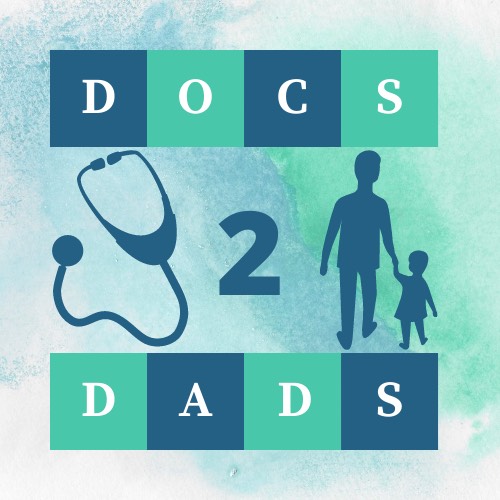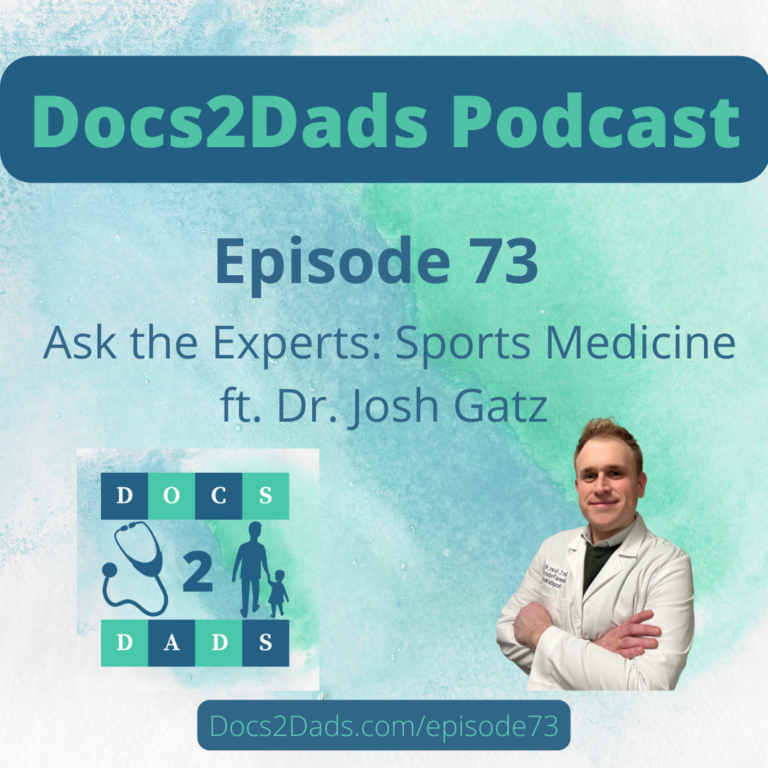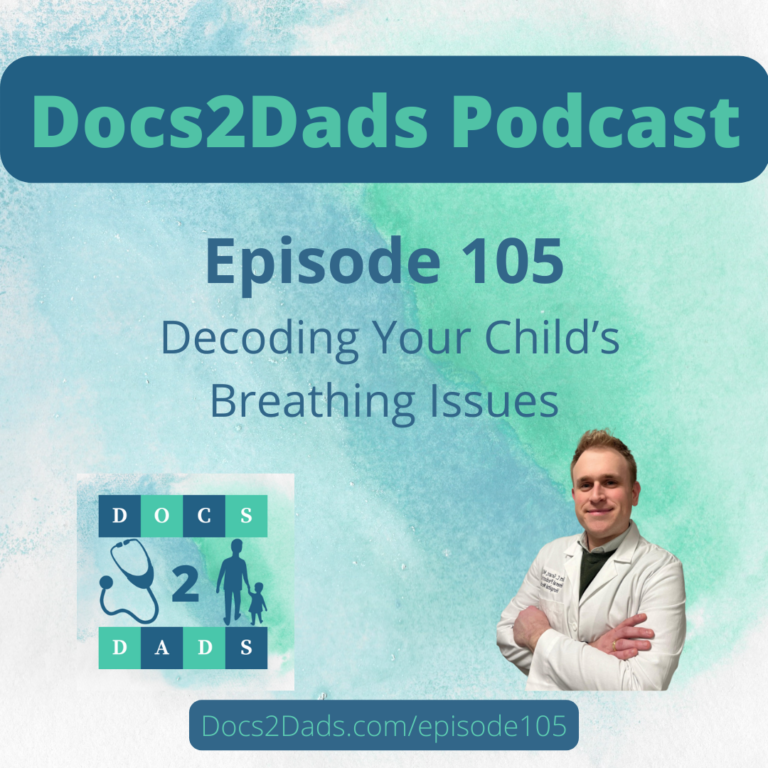In this week’s episode, we define ADHD as an Executive Function Developmental Delay – which is a better description of ADHD than it’s given name. However, the concept of Executive Function can also be confusing for many parents.
Today, I want to talk about what Executive Function is and how it is affected in ADHD. Then I’ll give some practical tips for parents to help children manage these challenges.
Blog Readers: You can get a bite-sized version of this blog post sent straight to your inbox: Subscribe to our Newsletter.
Executive function skills are a set of cognitive processes that help individuals plan, organize, initiate, and regulate their behavior to achieve goals. In this blog post, we will explore three executive function skills that are commonly affected by ADHD and how they manifest in children with ADHD.
Working Memory
Imagine a teacher giving a set of instructions for a science experiment. Students rely on working memory to remember each step, process the information, and execute the experiment accordingly.
Working memory refers to our ability to temporarily hold and manipulate information in our minds. It plays a crucial role in tasks that require concentration, following instructions, problem-solving, and staying focused on a task.
Students with ADHD may have difficulty following multi-step instructions, frequently forget information, or find it challenging to recall information they learned earlier.
Practical tips to help: Help the child break down the task into smaller steps, use visual aids like checklists or pictures, and encourage repetitive practice to reinforce the skill
Cognitive Flexibility
During a game, children must be able to quickly change strategies when the game’s situation changes or adapt their approach based on feedback from teammates.
This might mean knowing which base to throw to in a baseball game or changing strategies in a board game if you don’t have access to a particular resource.
Cognitive flexibility involves the ability to adapt to changing situations, switch between tasks, and consider alternative perspectives. It enables individuals to adjust their thinking and behavior based on new information or demands.
Children with cognitive inflexibility may have difficulty transitioning between tasks, exhibit rigid thinking, or become easily frustrated when things do not go as planned.
This can have big impacts on their social interactions with siblings and peers.
Practical tips to help: You don’t have to just let them win every game, that’s not helpful.
Instead, encourage exposure to new problem-solving activities and play games where the child can take different perspectives or brainstorm multiple solutions to a problem.
Inhibitory Control
Children in school and social situations must learn to resist the urge to interrupt others during a conversation, think before blurting out an answer in class, or remain calm in frustrating situations.
Inhibitory control, also known as impulse control, is the ability to resist immediate impulses or distractions. It enables individuals to think before acting, regulate emotions, and make thoughtful decisions.
Children who impulsively interrupt conversations, have difficulty waiting for their turn, or act on immediate desires without considering the consequences, struggle with inhibitory control.
Practical tips to help: Set clear rules and guide your child in thinking before acting, practice self-regulation hacks like counting or taking deep breaths,
A Note for Parents of Young Kids (below Age 5)
If you’ve read this description of ADHD features and thought to yourself:
“That sounds exactly like my 4 year old, maybe she has ADHD?!?!”
First, I’m right there with you, we have a 4 year old and a (now) 3 year old at my house, and this all hits WAY too close to home.
In our case, the problem is NOT ADHD!! These kiddos simply have not developed these executive function skills yet because they are just now starting to learn them.
In their case, it’s not developmental DELAY, it’s simply where they are on the journey.
The Practical tips I listed above will work for younger kids who are learning these skills for the first time just as they will for kids with ADHD, but you don’t need to rush to your pediatrician for an ADHD evaluation just yet.
TL;DR
Understanding executive functions such as working memory, cognitive flexibility, and inhibitory control is of paramount importance for parents whose children have ADHD.
These skills play a crucial role in a child’s ability to focus, organize tasks, adapt to new situations, regulate impulses, and make thoughtful decisions.
By recognizing the specific challenges their child may face in these areas, parents can provide targeted support, create structured environments, and employ strategies that enhance their child’s executive functioning abilities.
Building a foundation of strong executive functions not only facilitates academic success but also fosters self-regulation, social interactions, and overall well-being for children with ADHD, empowering them to navigate the complexities of life with greater confidence and resilience.
For more ADHD resources, check out the full episode listed above and head over to
Still have questions about ADHD??
Connect with me and DM at the Social Links Below!!
Our community is here to help you: 💪up your game as a JOY-FILLED dad 👨👩👧👦 be the leader your family needs you to be ❤️🩹build a happier, healthier life for yourself, your family, and your community.
Follow Docs2Dads for more #parenting content from a #pediatrician living the #dadlife – transforming #evidencebasedmedicine into practical #parentingtips
Linkedin: https://www.linkedin.com/in/drscottpeds
Instagram: https://www.instagram.com/docs2dadspod
Email: docs2dadspod@gmail.com
Facebook: https://www.facebook.com/docs2dadspod
The content on this blog is for your education and entertainment only. It should not be considered medical advice and should not replace a relationship with a primary care doctor. You should seek medical attention if you are worried about your child’s health.










